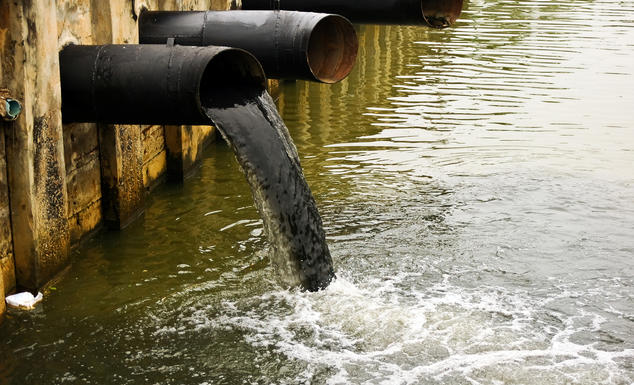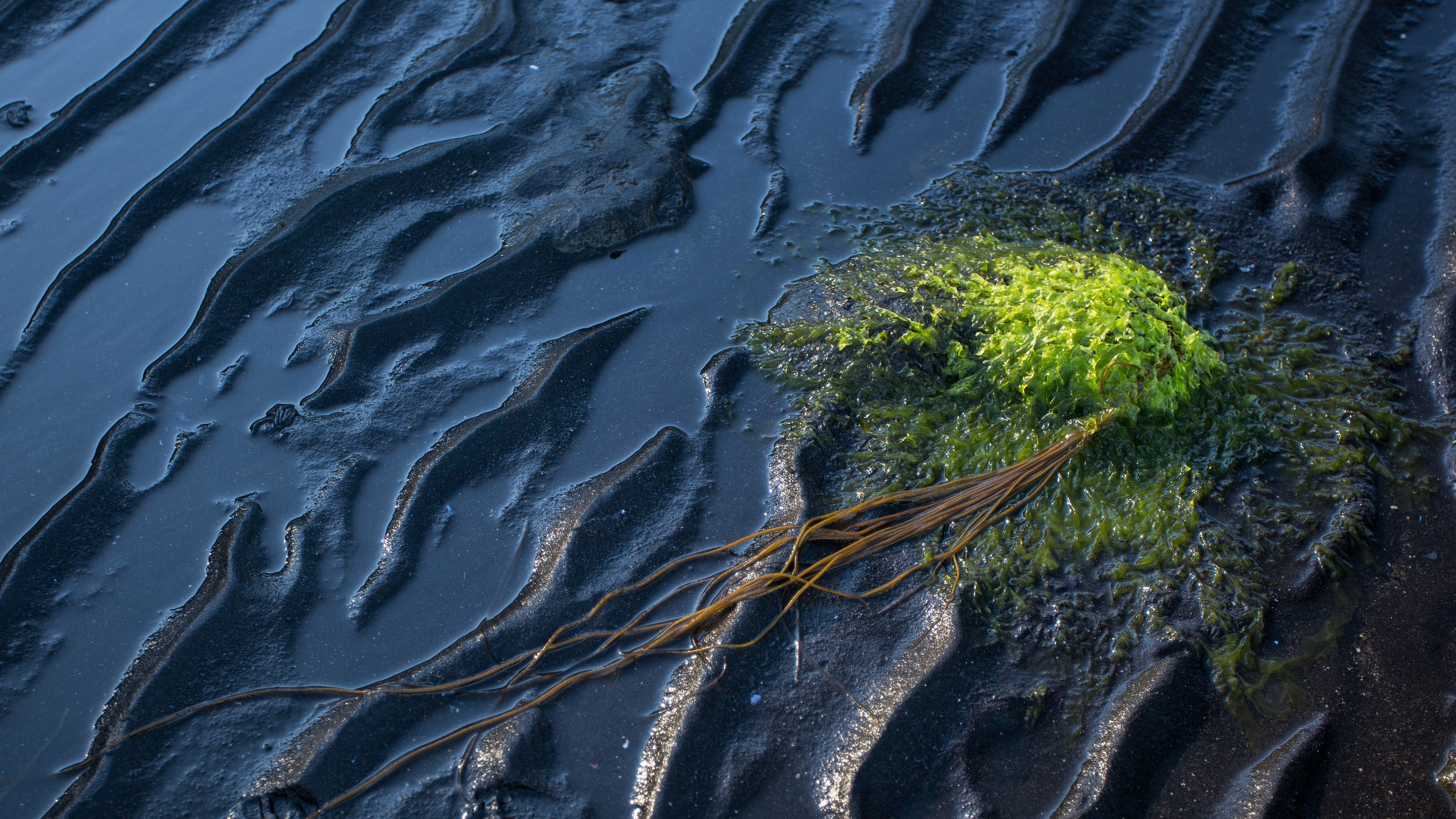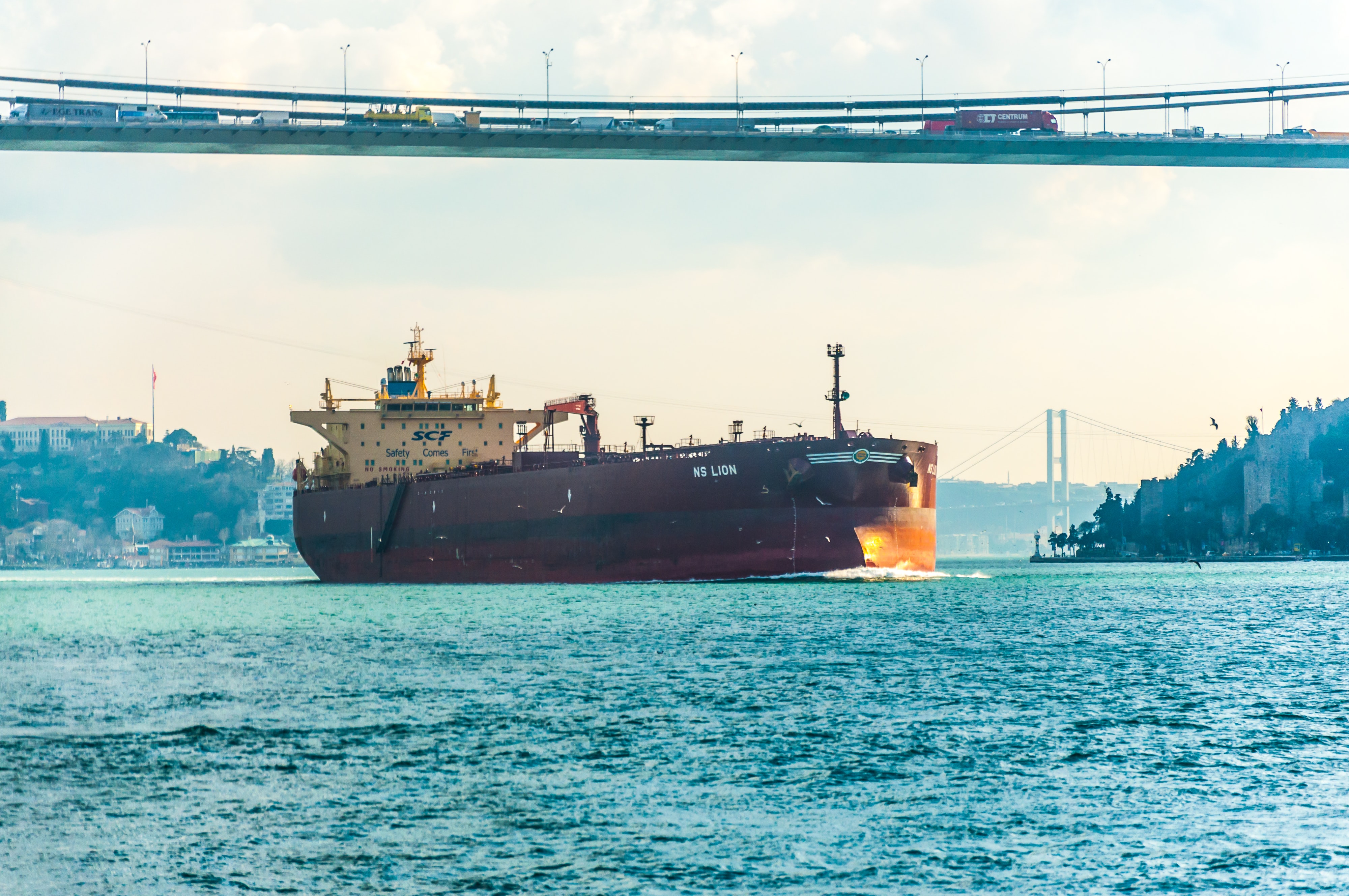|
|
|
Atlantis Brief
Fossil fuels affect on water pollution does not seem as direct a problem for humans but is an essential resource that we should protect
plus the damage caused to marine life will start to affect the eco system that will eventually affect us all
- The ocean absorbs as much as a quarter of man-made carbon emissions
- Due carbon pollution created each year by burning fossil fuels oceans are becoming more acidic
- This process makes it harder for shellfish and other marine life to develop naturally
- Consumers account for the vast majority of oil pollution including oil and gasoline that drips from millions of cars and trucks every day
- An estimated 1 million tons of oil makes its way into marine environments each year
The use of pertol cars, oil in farming and factories has a devastaing affect on our oceans. The sooner we can switch to cleaner hydrogen or
electric vehicles and also cleaner industrial processes the sooner we can save our water ways and oceans
|
Indepth Study
What exactly is Water Pollution?
|
Water pollution occurs when harmful substances—often chemicals or microorganisms—contaminate a stream, river, lake, ocean, aquifer, or other body of water, degrading water quality and rendering it toxic to humans or the environment.
|
|

|
| Some 80 percent of the world’s wastewater is dumped—largely untreated—back into the environment, polluting rivers, lakes, and oceans. |
|
Contaminants
|
Eighty percent of ocean pollution (also called marine pollution) originates on land—whether along the coast or far inland. Contaminants such as chemicals, nutrients, and heavy metals are carried from farms, factories, and cities by streams and rivers into our bays and estuaries; from there they travel out to sea. Our seas are also sometimes spoiled by oil spills and leaks—big and small—and are consistently soaking up carbon pollution from the air. The ocean absorbs as much as a quarter of man-made carbon emissions. [1]
|
Oil Pollution
Large oil spills cause outcry and dominate news headlines, but consumers account for the vast majority of oil pollution in our seas, including oil and gasoline that drips from millions of cars and trucks every day. Moreover, nearly half of the estimated 1 million tons of oil [2] that makes its way into marine environments each year comes not from tanker spills but from land-based sources such as factories, farms, and cities.
At sea, tanker spills account for about 10 percent of the oil in waters around the world, while regular operations of the shipping industry—through both legal and illegal discharges—contribute about one-third. Oil is also naturally released from under the ocean floor through fractures known as seeps.
|
|

|
| Oil poullting our waters. Photo credit: Ruedi Haberli |
|
Carbon Absorbtion

|
| Cars and Shipping all contribute to oil pollution in our seas. Photo credit: AP |
|
|
In addition to oceans bieng directly polluted with oil, ocean acidification is making it tougher for shellfish and coral to survive.
Though they absorb about a quarter of the carbon pollution created each year by burning fossil fuels, oceans are becoming more acidic. This process makes it harder for shellfish and other species to build shells and may impact the nervous systems of sharks, clownfish, and other marine life.
|
Data Sources
|






